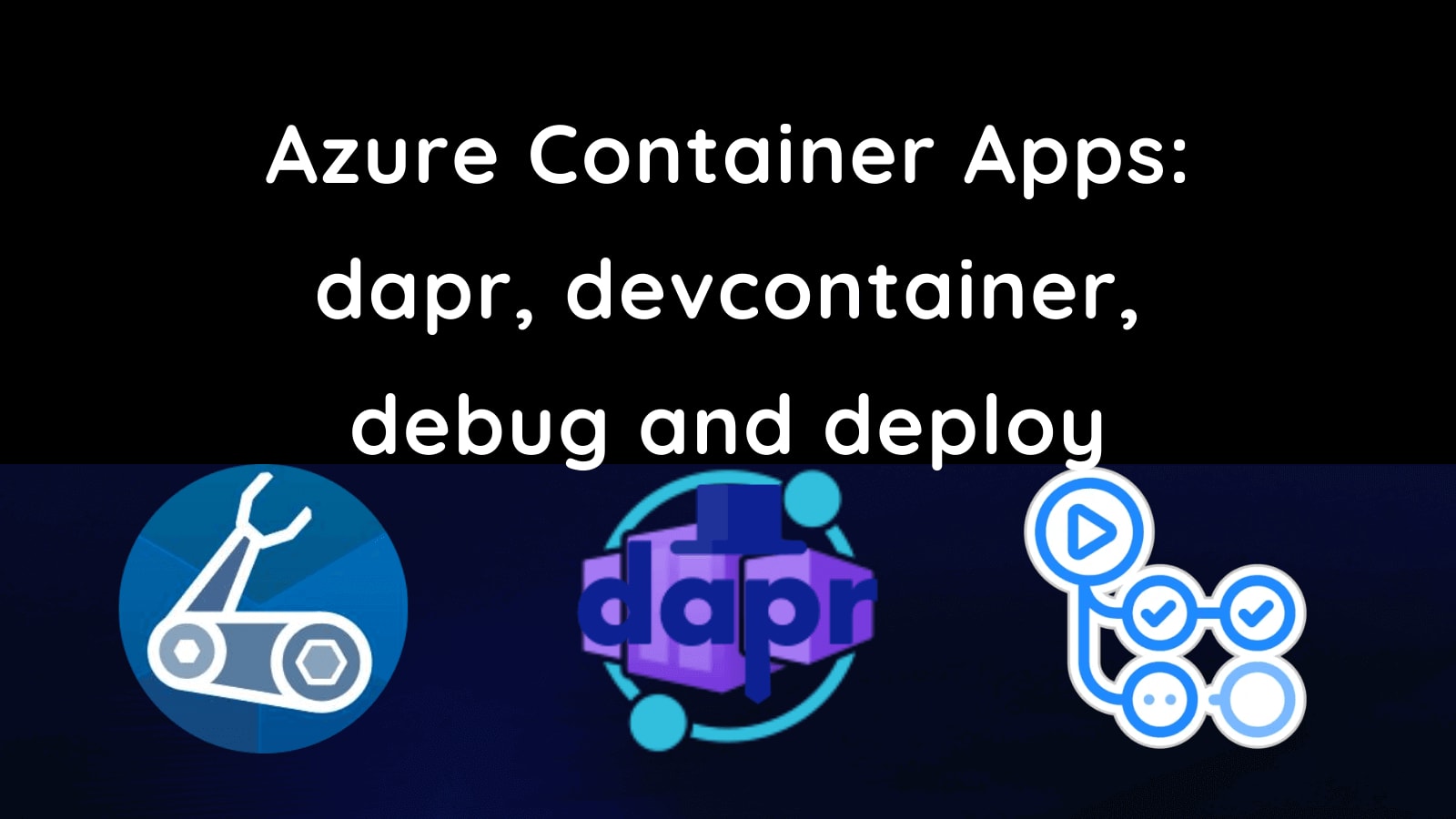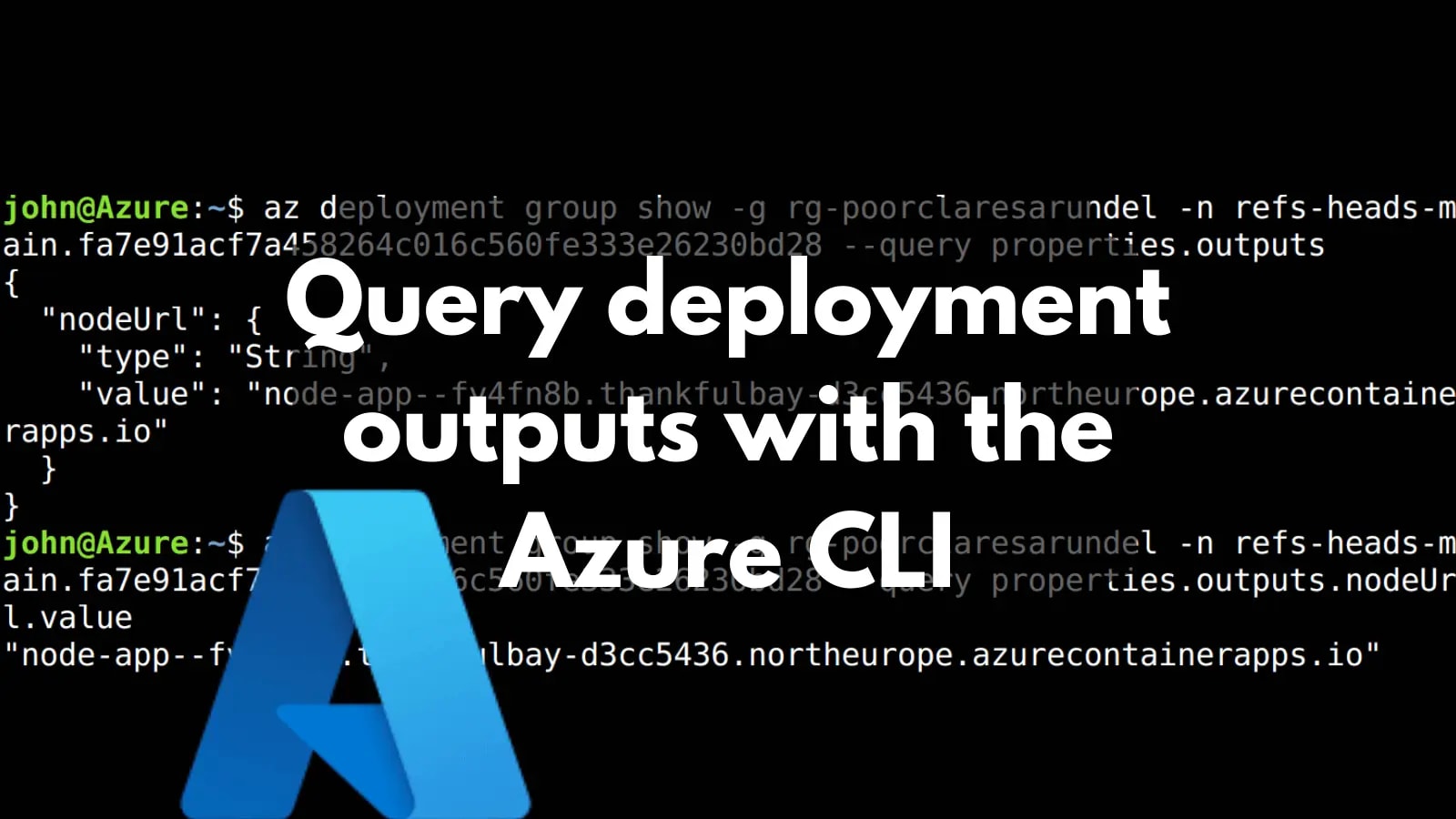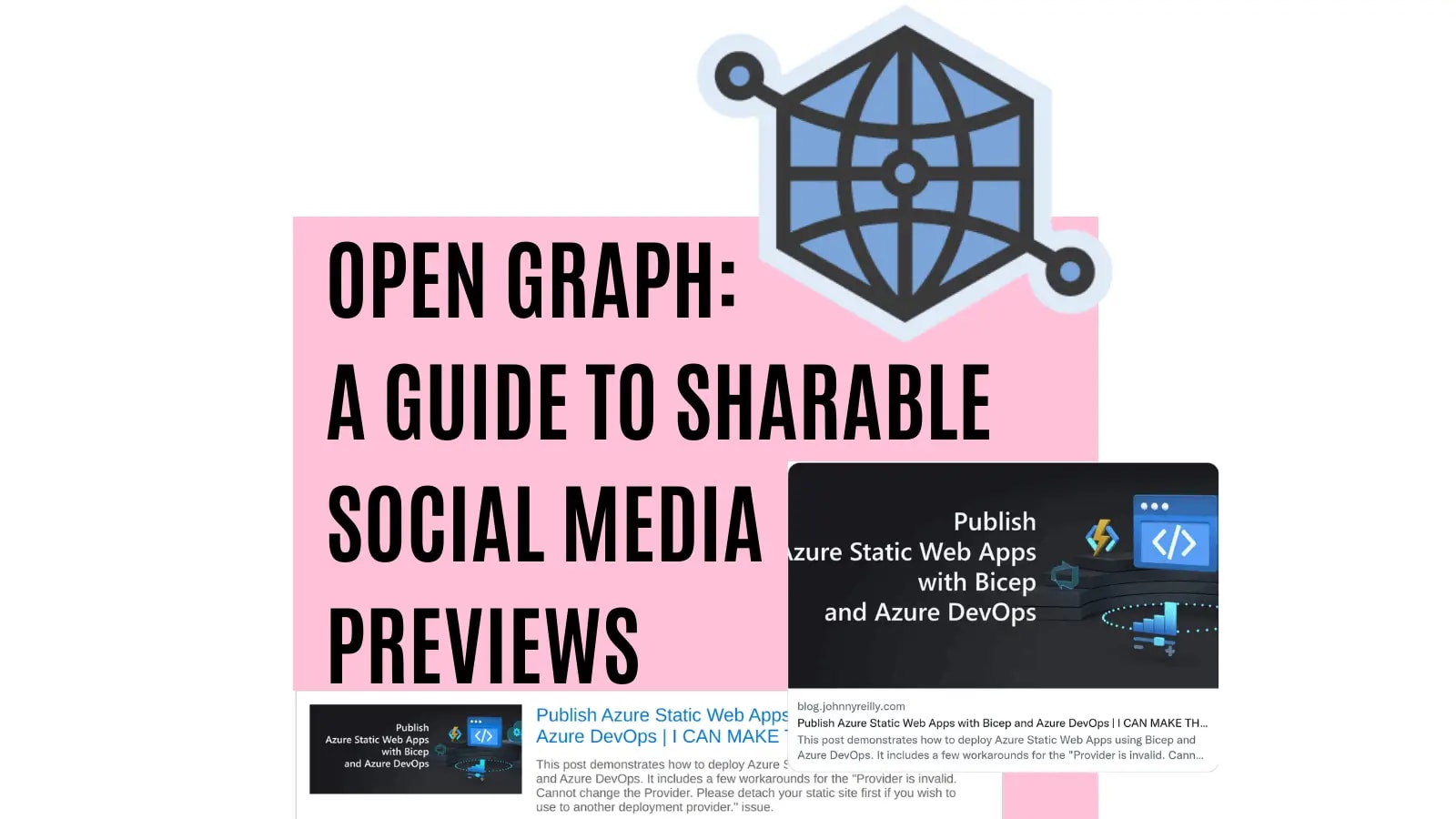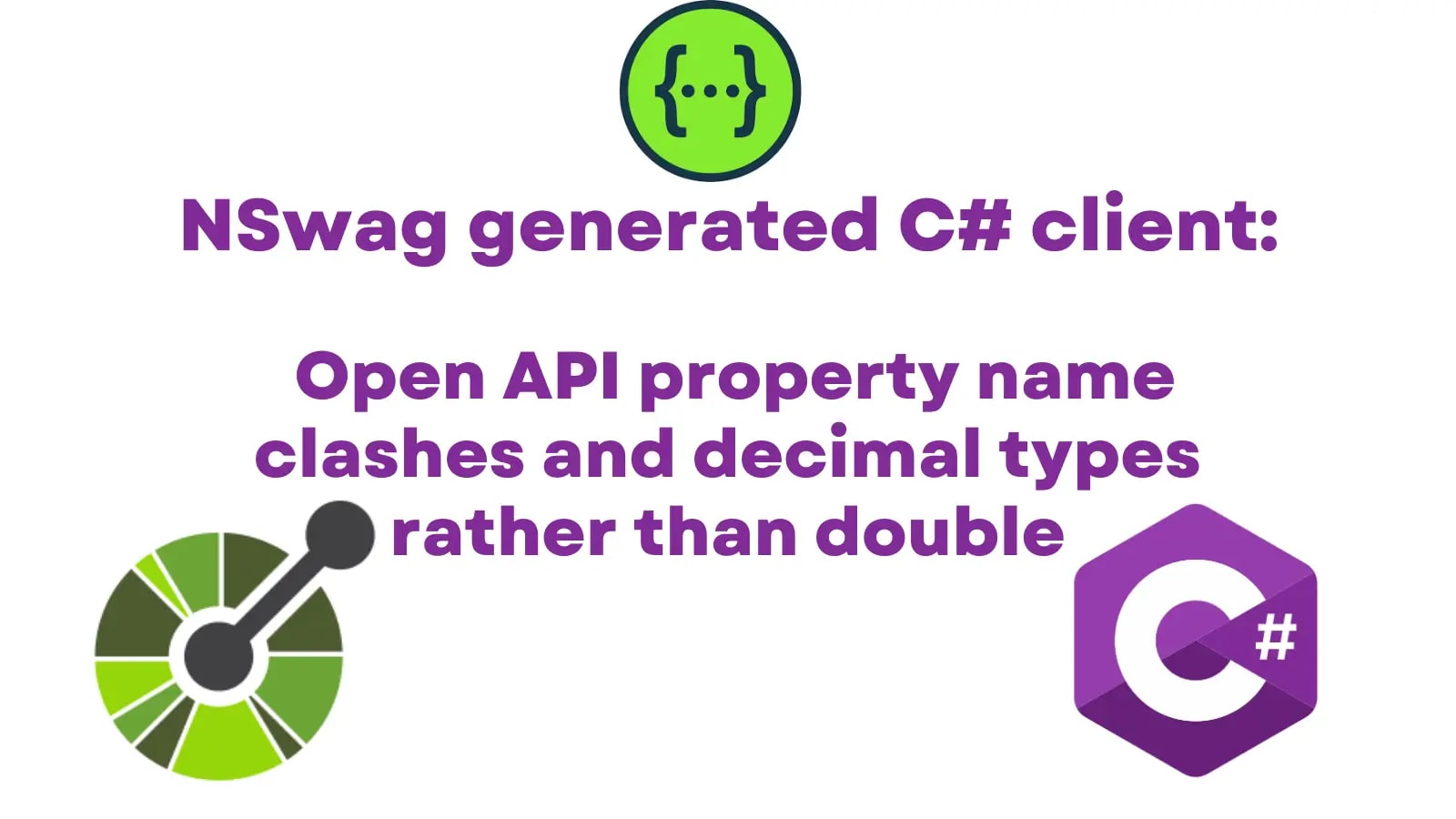Azure Static Web Apps - a Netlify alternative
Jamstack sites have taken the world by storm. There's currently fierce competition between offerings like Netlify and Cloudflare. A new player in this space is Azure Static Web Apps. This post will look at what working with SWAs is like and will demonstrate deploying one using GitHub Actions.















